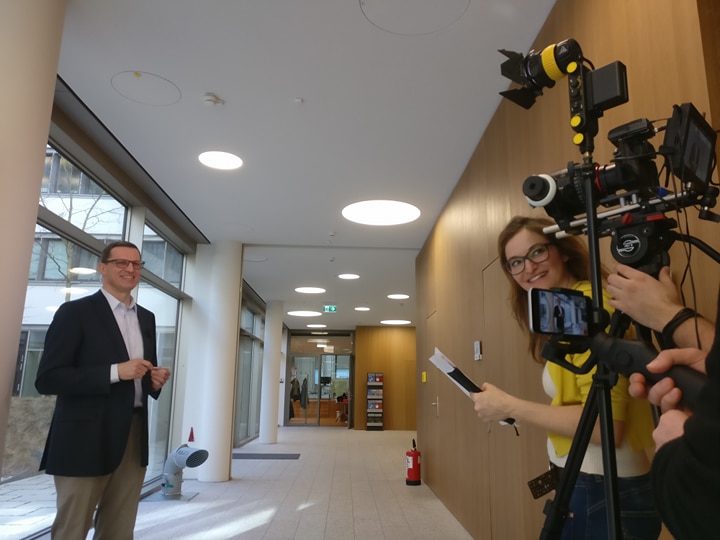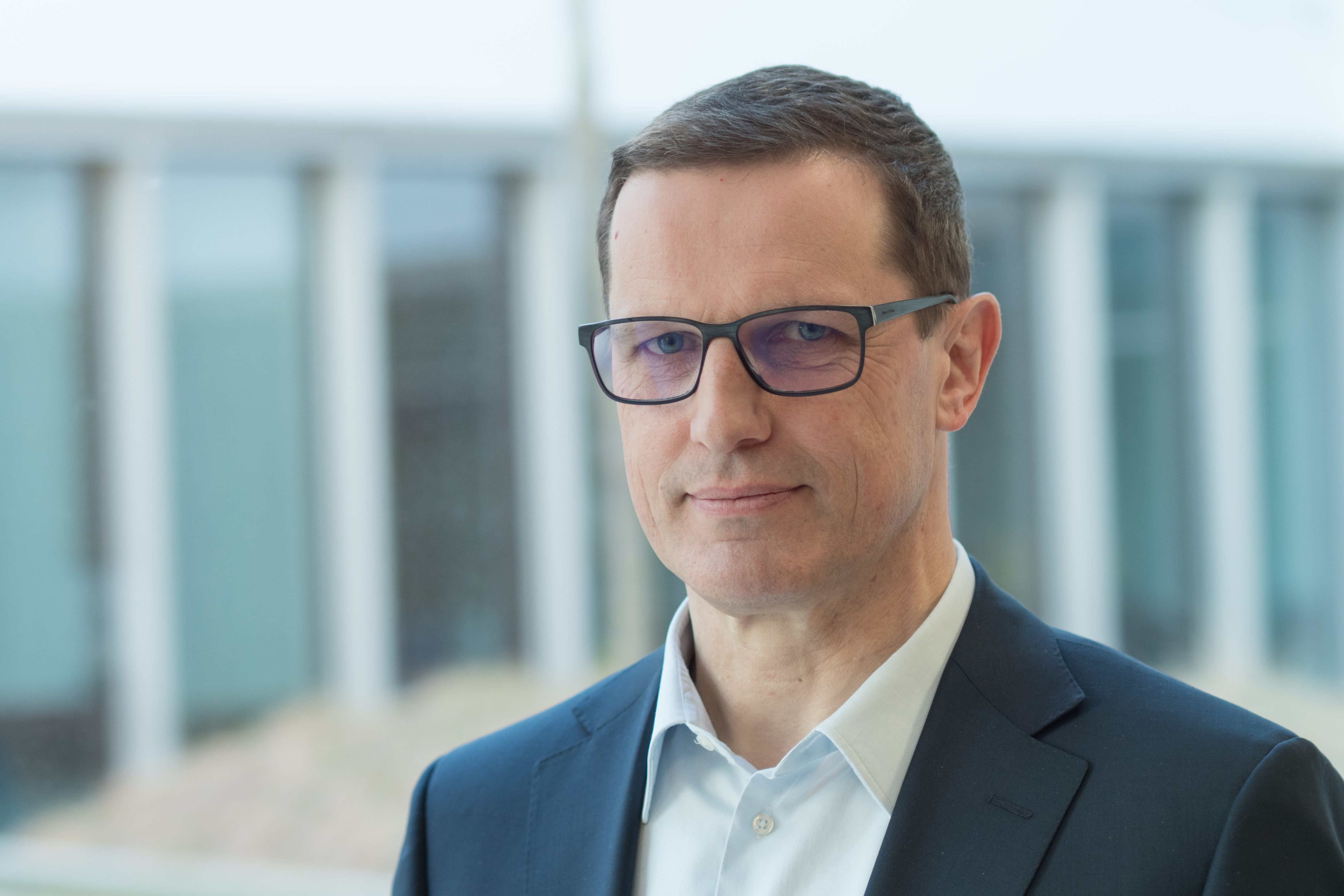Prof. Martin, what is data analytics?
Data analytics covers all processes and methods for analyzing data.
Who needs data analytics and why?
The principal users of data analytics are industrial companies that work with data, either by gathering it or generating it themselves in a move to convert it into added value for their business. They may be looking to improve their processes, ready their organization for the future or develop new business models.
What are the typical sectors?
Typical examples include logistics and supply chain management, so that’s transport, storage and intralogistics. But data analytics methods are also needed in manufacturing, energy management and finance.
What commercial benefits does data analytics offer business?
At the end of the day, these processes are all about the bottom line; whether we’re talking about production planning or making it possible to better manage individual machines. But it’s also about finding ways to serve customers better, faster, more efficiently and more cost-effectively. Proper data analytics can make improvements in all these areas, which in turn adds value.
How can data that was gathered in the past – meaning data that describes the past – say anything meaningful about the future?
Of course you can’t expect data analytics methods to work miracles, to predict the future or to allow us to develop disruptive, in other words entirely new, approaches as if out of thin air. But many processes get repeated, for instance in manufacturing, and that is something we can use to make accurate forecasts. Properly analyzing this kind of data allows companies to realize sooner when a machine will break down or when a battery will need replacing. This dramatically reduces downtime and adds value.
Combining forecasts results in synergy and learning effects. So instead of halting the production process to replace only one part that has just or is about to fail, you can also change out all parts, including on other machines, that will likely need to be replaced soon anyway. Overall downtime drops as a result. This also allows companies to gain new insights into the overall process and make continuous improvements to it.
Prof. Martin, thank you for your time.

